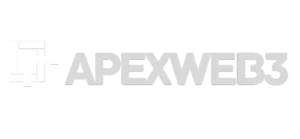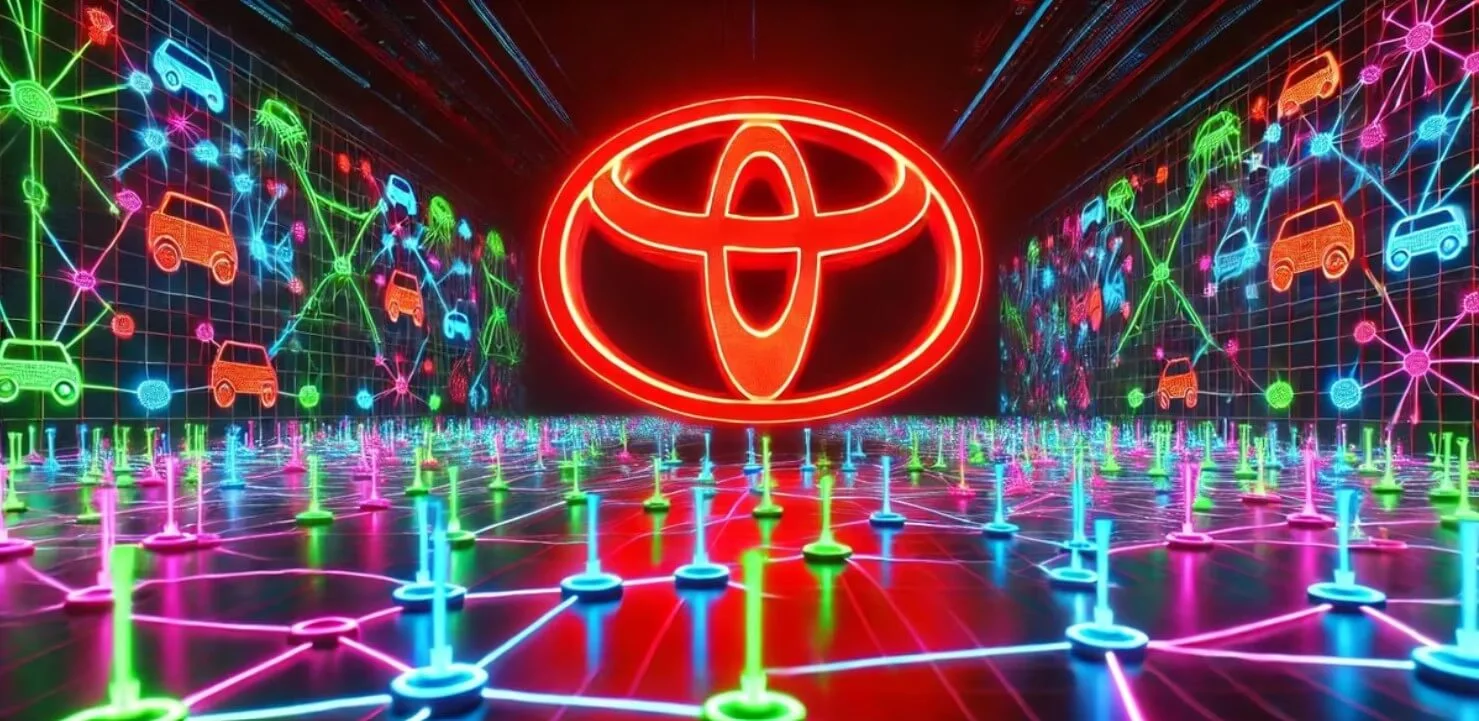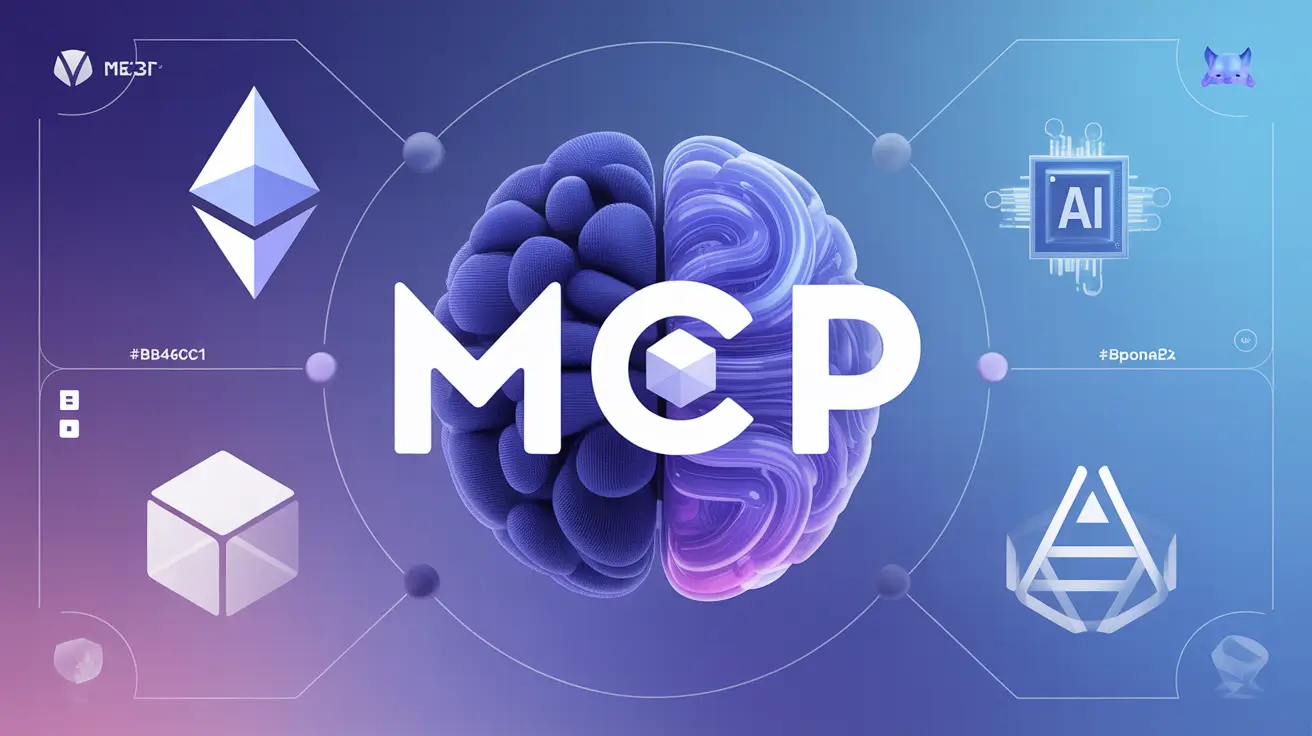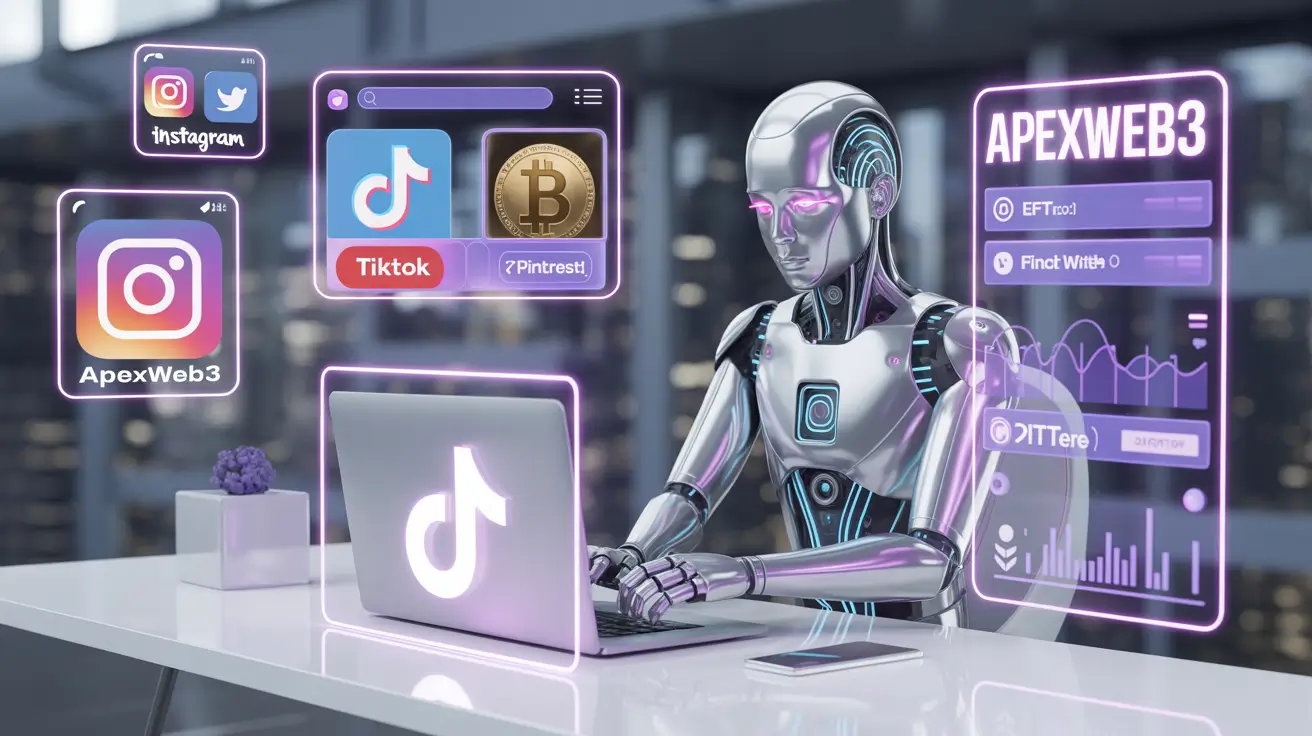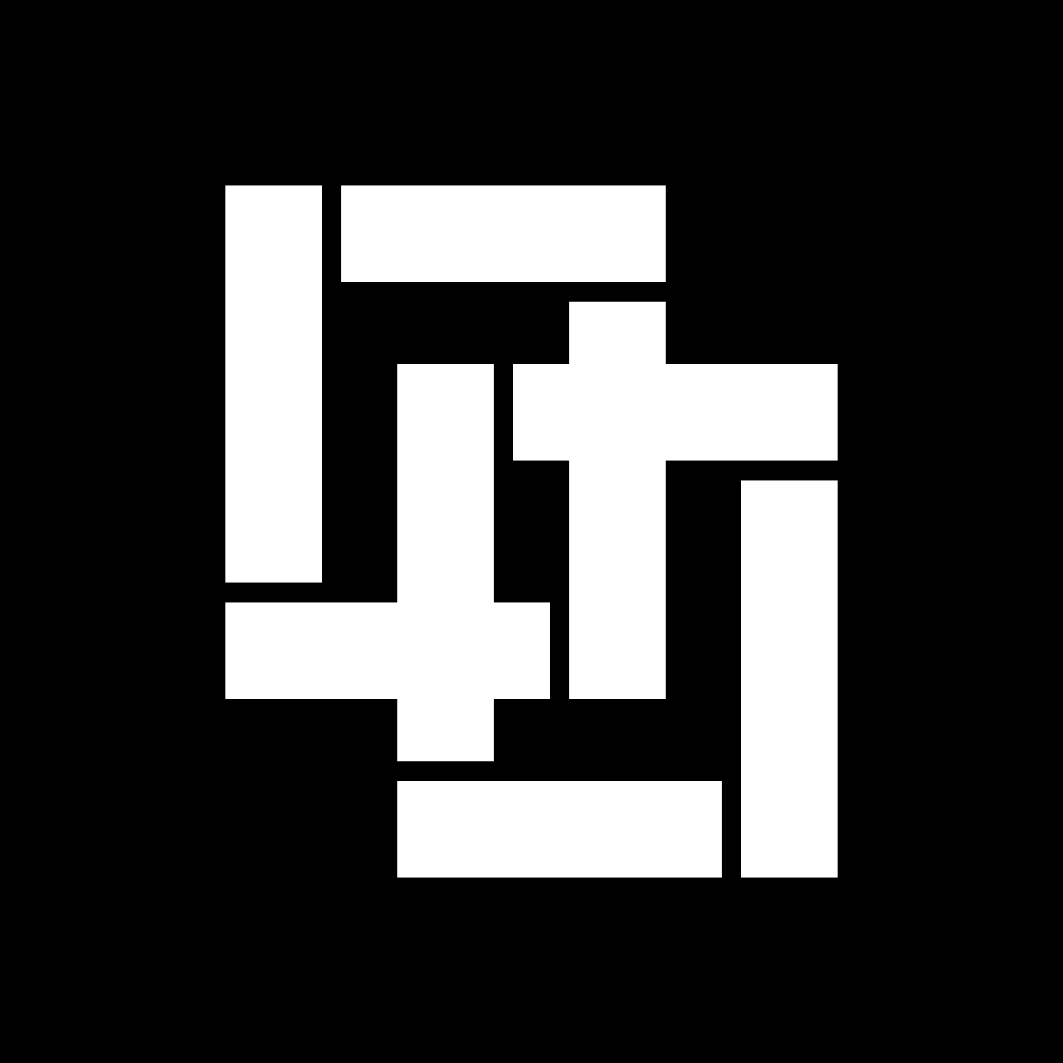In an era where technology shapes the way we live and interact, the automotive industry is experiencing a revolutionary shift. Toyota, a leader in automotive innovation, is exploring the integration of Ethereum’s ERC-4337 standard to transform how vehicles operate on the blockchain. This ambitious initiative introduces Mobility-Oriented Accounts (MOAs), Toyota Ethereum is a concept that promises to enhance security, usability, and automation in the automotive world. In this article, you’ll learn about MOAs, their implications for the future of mobility, and how they could change your driving experience forever.
Table of Contents
Understanding Mobility-Oriented Accounts (MOAs)
What Are Mobility-Oriented Accounts?
Mobility-Oriented Accounts (MOAs) are blockchain-based accounts designed specifically for vehicles. Imagine a world where each car has its own unique on-chain account, enabling it to interact with users, manufacturers, and service providers seamlessly. This innovation could redefine vehicle ownership and operation, providing a secure, transparent, and efficient means of managing automotive functions.
The Vision Behind MOAs
Toyota’s Blockchain Lab recently published a paper detailing the potential of MOAs. The concept envisions each vehicle as an individual account, similar to a digital wallet, that can engage directly with blockchain applications. By harnessing the power of ERC-4337, Toyota Ethereum aims to unlock new possibilities for programmability in automotive operations.
You might be wondering how this affects you. With MOAs, your vehicle could autonomously manage tasks, communicate with other cars, and interact with various services in real-time. This shift would not only enhance convenience but also improve safety and efficiency on the road.
The Power of Ethereum’s ERC-4337 Standard
What is ERC-4337?
The ERC-4337 standard is a significant step forward in blockchain technology. It introduces account abstraction, a concept that simplifies the way transactions are executed on the Ethereum network. This allows for more complex operations without requiring users to understand the underlying technicalities.
For you, this means that managing your vehicle could become as simple as using an app on your smartphone. Imagine unlocking your car or starting the engine with just a tap, all secured through blockchain technology.
How Account Abstraction Works
At the core of ERC-4337 is the ability to create smart accounts that can execute a range of functions. This enables vehicles to perform operations like unlocking doors, starting engines, and accessing various services without requiring direct user intervention.
For instance, consider how an NFT (non-fungible token) could represent your rights to operate your vehicle. By holding an NFT in your digital wallet, you gain the ability to control your car securely and conveniently. If you decide to share your vehicle, you can transfer the NFT to another user, granting them temporary access. This feature would streamline car-sharing services, making them more user-friendly and efficient.
Unlocking New Use Cases with MOAs
Seamless Vehicle Operations
The implementation of MOAs opens the door to a myriad of new use cases in the automotive sector. With blockchain integration, vehicles could automate everyday functions that currently require human intervention. Here are a few possibilities:
- Remote Control: Unlock or start your vehicle from anywhere using a mobile app, thanks to secure blockchain communication.
- Car Sharing: Easily share your car with friends or family by transferring digital ownership through NFT technology.
- Service Interactions: Schedule maintenance or repairs through a decentralized platform, allowing service providers to access vehicle data securely.
Enhancing Security and Privacy
One of the primary advantages of utilizing blockchain technology is enhanced security. With MOAs, each vehicle operates under its own secure account, reducing the risk of unauthorized access.
You can rest easy knowing that your vehicle’s operations are protected by advanced cryptographic protocols. This level of security ensures that only authorized users can interact with your vehicle, minimizing the risk of theft or hacking.
A Vision for Autonomous Driving and Mobility 3.0
Autonomous Vehicles as Independent Entities
As Toyota continues to develop the concept of MOAs, the company envisions a future where autonomous vehicles operate as independent entities on the blockchain. These vehicles would not only navigate the roads but also communicate with other vehicles and infrastructure in real-time, creating a fully decentralized and automated mobility ecosystem.
This vision aligns with Toyota’s broader “Mobility 3.0” initiative, which seeks to integrate blockchain technology with real-world transportation networks. For you, this means that in the near future, your vehicle could autonomously manage its routes, communicate with traffic signals, and even coordinate with nearby vehicles to enhance safety and efficiency.
The Benefits of Decentralized Mobility
The transition to decentralized mobility offers several benefits, including:
- Improved Traffic Management: Vehicles communicating with traffic systems can optimize routes, reducing congestion and travel time.
- Enhanced Safety: Autonomous vehicles can share data about road conditions and potential hazards, improving safety for all road users.
- Energy Efficiency: By interacting with energy networks, vehicles can optimize their energy usage, leading to more sustainable transportation solutions.
The Role of Public Blockchains in Mobility
Embracing Web3 Technologies
Toyota’s exploration of blockchain technology is part of a larger movement to integrate Web3 innovations into the automotive landscape. By leveraging the transparency and security of public blockchains like Ethereum, Toyota aims to create a robust ecosystem where vehicles, users, and service providers can interact securely.
For you, this means more reliable and efficient interactions with automotive services. Imagine a world where you can seamlessly pay for fuel, maintenance, or insurance through a decentralized platform, all while enjoying the benefits of enhanced security and privacy.
The Future of Automotive Innovation
This latest push from Toyota builds on the work of its Blockchain Lab, established in 2019. The lab has been instrumental in exploring how blockchain can reshape the automotive industry. With the introduction of MOAs and the utilization of ERC-4337, Toyota Ethereum is positioning itself at the forefront of this transformative movement.
You may wonder how this affects your future as a car owner or user. The advancements in blockchain technology promise to create a more user-centric experience, making it easier and safer to manage your vehicle and access services.
Conclusion: A Transformative Journey Ahead
As you consider the implications of Toyota’s groundbreaking initiatives, it’s clear that the integration of blockchain technology into the automotive industry is just beginning. Mobility-Oriented Accounts (MOAs) and the ERC-4337 standard have the potential to revolutionize how we interact with our vehicles, paving the way for a more secure, efficient, and autonomous driving experience.
Stay Informed and Engaged
As we move closer to realizing this innovative future, it’s essential to stay informed about the latest developments in blockchain technology and automotive advancements. You can follow ApexWeb3 for regular insights and updates on the intersection of these two dynamic fields.
Call to Action
Are you excited about the future of automotive technology and blockchain? Subscribe to ApexWeb3 for regular insights, news, and updates that keep you at the forefront of innovation in the automotive world. Join us on this transformative journey and be a part of shaping the future of mobility!
